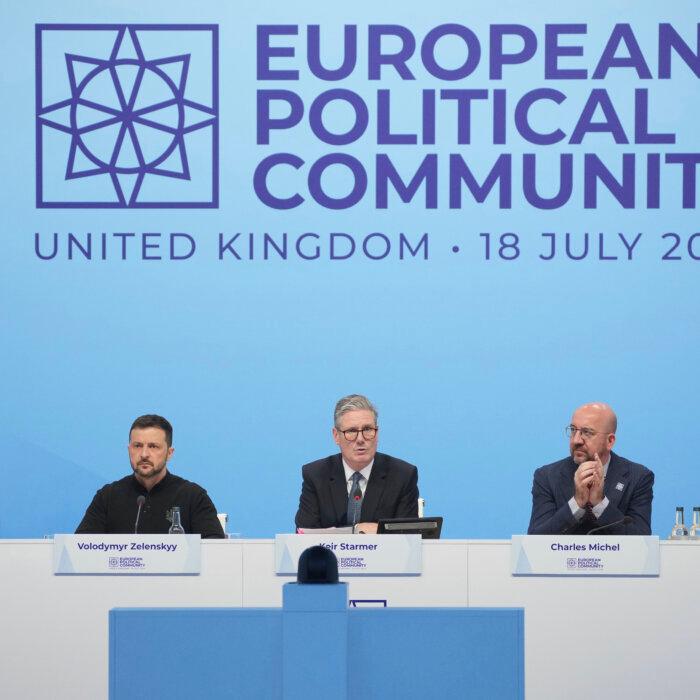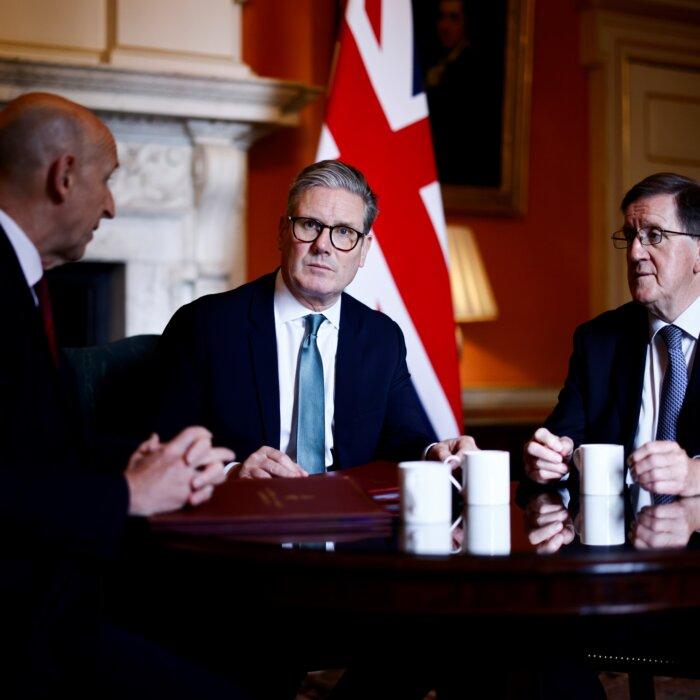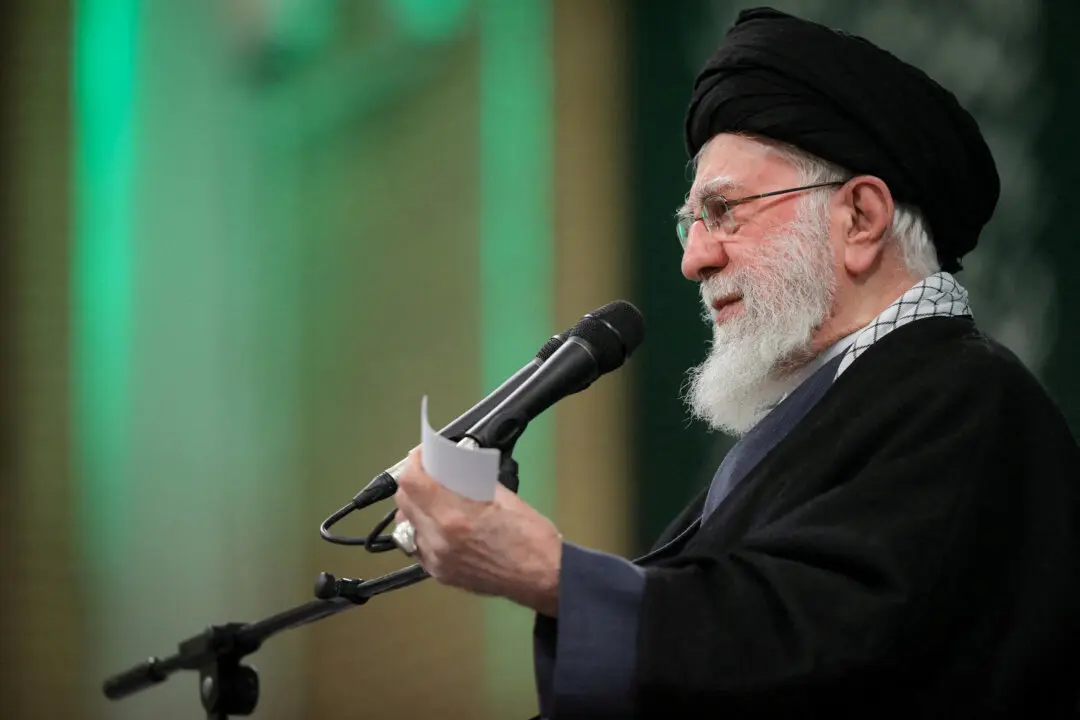Prime Minister Sir Keir Starmer announced the formation of a new body to deal with Britain’s “fragmented and broken” skills training system on Monday.
Sir Keir said he planned to “fire up” the training of more British workers and insisted he would not pull the “easy lever” of overseas labour.
The new outfit, named “Skills England,” was mentioned in Labour’s manifesto, which stated it’s goal was to ensure training provision is aligned with the needs of the British economy.
During a speech at the Farnborough International Airshow in Hampshire, the prime minister promised to “take the brakes of Britain.”
He said: “All too often young people in our country have been let down, not given access to the right opportunities or training in their community.
“And that’s created an over-reliance in our economy on higher and higher levels of migration.”
Sir Keir continued, saying he would not criticise businesses for hiring overseas workers and wouldn’t “diminish the contribution that migration makes to our economy, to our public services and, of course, to our communities.”
“Migration is part of our national story. It always has been, always will be,” he said.
But he added that it “cannot be right” that some people are unable to work because the UK lacks a coherent skills system.
“So, I have to say that we won’t be content just to pull the easy lever of importing skills. We’re turning the page on that. We’re going to fire up the training of more UK workers.”
According to the Government, the body will bring central and local government, businesses, trade unions and training providers together in a bid to better understand the “skills gap” in the UK.
Skills England will also work with the Migration Advisory Committee, the body which advises the Home Office on migration policy, to reduce the nations dependence on overseas workers by improving “home-grown skills.”
On the topic of migration specifically, the prime minister said: “We understand the pressures of migration and why the previous government took the decisions that it did.
“It has led to some pressures now in relation to higher education, but it is right that we get migration down, because it’s too high.”
He added that the Government would seek to address migration levels through Skills England, adding: “That is not to say that no business should ever be hiring from abroad—that is not realistic, it’s not good for business and we don’t want to go down that path.
“But for too long that’s happened because we haven’t had the skills available in this country, and I’m determined to change that.”
Former Co-Operative Group chief executive Richard Pennycook has been appointed as interim chairman of Skills England, with the body expected to be established in phases over a 12 month period.
Skills England’s first job will be assessing future skills needs, and it will later take on the functions of the Institute for Apprenticeships and Technical Education once the Skills England Bill, announced in last week’s King’s Speech, becomes law.
According to the Department for Education, skills shortages doubled between 2017 and 2022, and now account for 36 percent of job vacancies.
Education Secretary Bridget Phillipson said: “Skills England will jumpstart young people’s careers and galvanise local economies.
“It will bring businesses together with trade unions, mayors, universities, colleges and training providers to give us a complete picture of skills gaps nationwide, boost growth in all corners of the country and give people the opportunity to get on in life.”
A Conservative Party spokesman said: “We will wait to see Labour’s plans in full, but by allowing 50 percent of the Apprenticeship Levy funds to go to other non-apprenticeship training we may see the number of apprenticeships is reduced by half, leading to fewer opportunities for the next generation.
“We hope Labour will continue the good work of the Conservative government which saw 5.8 million more apprenticeships created since 2010 alongside our education reforms which now find our children among the best readers in the western world.”







